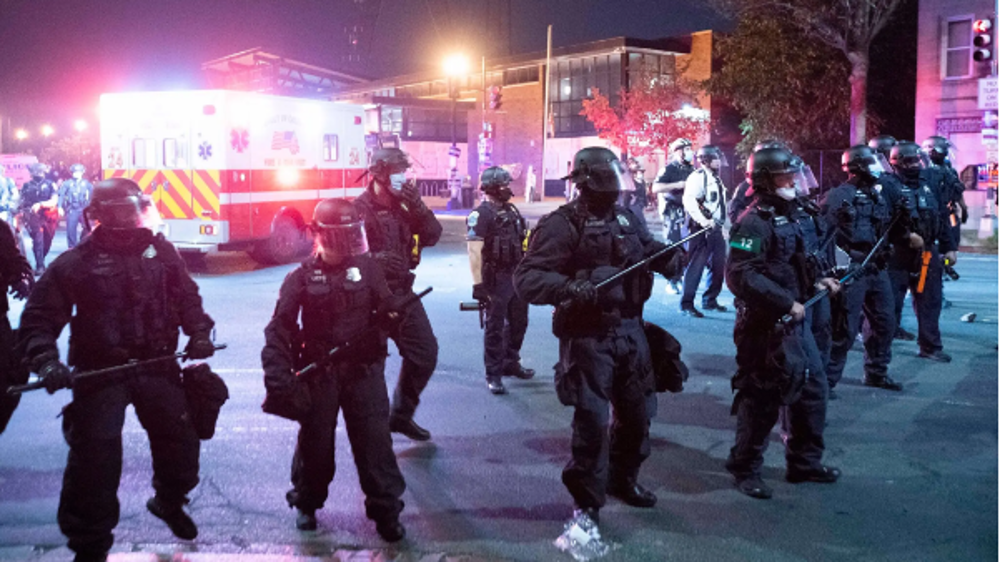Los Angeles declares 'state of emergency' over homelessness crisis
Officials in Los Angeles, California, have declared a “state of emergency” over the rising problem of homelessness and poverty in the second largest city in the United States.
The emergency declaration on Tuesday by Los Angeles Mayor Eric Garcetti and seven city council members underscores the growing alarm over the city’s homeless population, which has risen 12 percent since 2013.
Los Angeles officials proposed spending $100 million to provide permanent housing and shelters to help the city's 26,000 homeless residents, which numbered 23,000 just two years ago.
The proposal was introduced to the Los Angeles city council a day after Garcetti proposed another $13 million in immediate expenditures to tackle homelessness.
"The city has pushed this problem from neighborhood to neighborhood for too long," Garcetti told a news conference. "It has cost us money, and most importantly it's cost us lives," he said of the homelessness problem.

Groups of homeless people residing in tents and sidewalks have become an increasingly frequent sight in the city.

Critics say the promise to fund new housing and services for the homeless is largely symbolic and an ineffective response to the growing crisis.
“This is all simply words,” said Mark Ryavec, president of the Venice Stakeholders Association, which has advocated for more robust efforts to clear encampments and house the homeless. “Again, it shows an ongoing lack of leadership on behalf of the city.”

Los Angeles currently spends more than $13 million a year on homeless programs, such as winter shelters, housing vouchers and outreach to homeless military veterans.
Last year, Garcetti pledged to end homelessness among military veterans by the end of 2015.

Though other major US cities have also experienced growing homelessness numbers, Los Angeles’s problem has gained special attention.
In a much-publicized radio interview in August, New York City Police Commissioner Bill Bratton, who was previously chief of the Los Angeles Police Department, said “LA has probably the worst situation in the country of homeless.”
Russia may expand nuclear capability to counter US efforts: Russian diplomat
VIDEO | Press TV's news headlines
VIDEO | Palestinians voice support for resistance
Hamas says Deif, fellow leaders shattered Israel’s myth of invincibility
IRGC: Legacy of Qassam Brigades martyrs eradicating ‘cancerous tumor’ of Israel
Hamas warns Israel of ‘significant price’ before showing off seized Israeli gun
Egyptians protest against Trump’s scheme to relocate Gazans
Prisoner thanks Gazans after release, says Israel tortures Palestinians










 This makes it easy to access the Press TV website
This makes it easy to access the Press TV website